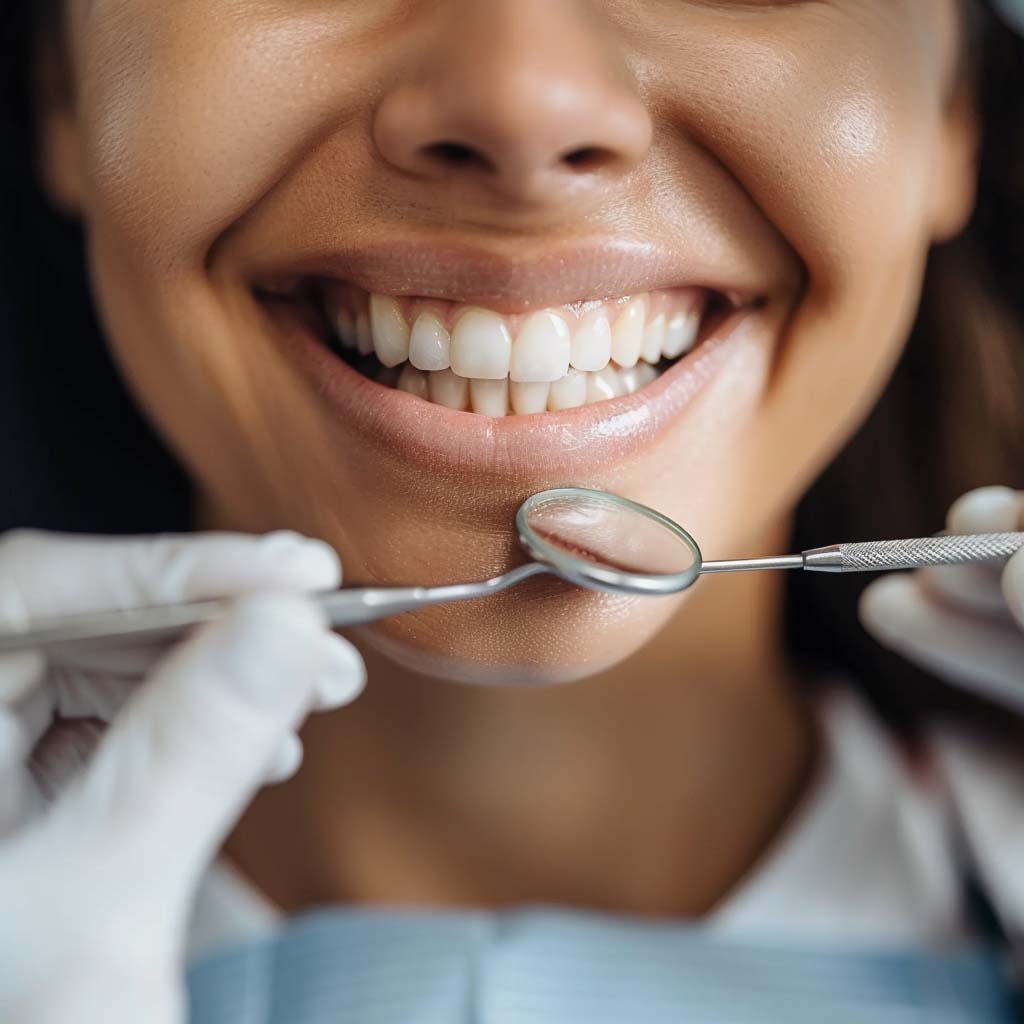At The Dental Anesthesia Center, we’re here to help you achieve and maintain a healthy, beautiful smile. Call to schedule an appointment for more information on tooth bonding and other dental services.
Tooth bonding is a popular cosmetic dental procedure for repairing damaged, decayed, or discolored teeth. At The Dental Anesthesia Center, we understand the importance of maintaining a healthy, beautiful smile. Whether addressing a chipped tooth or filling a cavity, tooth bonding can be a quick and effective solution.

Immediate Aftercare
- Sensitivity – It’s common to experience tooth sensitivity following the bonding procedure. This sensitivity typically occurs when consuming hot or cold foods and beverages. This sensation should subside within a few days. To minimize discomfort, try to avoid extremely hot or cold items and use toothpaste designed for sensitive teeth.
- Discomfort – While the tooth bonding process is generally painless, some patients may feel minor discomfort or pressure. Over-the-counter pain relievers like ibuprofen can help alleviate any discomfort you might experience.
Caring for Your Bonded Tooth
- Oral Hygiene – Maintaining good oral hygiene is crucial after getting a tooth bonded. Brush your teeth at least twice daily with fluoride toothpaste and floss daily. Rinsing with an antibacterial mouthwash can also help keep your mouth clean and free from harmful bacteria.
- Diet – Avoid foods and beverages that can stain your teeth, especially within the first 48 hours after the procedure. Coffee, tea, red wine, and tobacco can cause discoloration of the bonded area. Additionally, try to avoid biting down on hard foods like ice or nuts, as these can damage the bonding material.
- Regular Dental Check-ups – Schedule regular dental check-ups and cleanings to ensure your bonded tooth remains in good condition. Your dentist at The Dental Anesthesia Center will monitor the bond and make any necessary adjustments over time.
Longevity of Bonded Teeth
Tooth bonding is less durable than other restorative procedures like crowns or veneers. On average, a bonded tooth can last anywhere from 3 to 10 years, depending on how well you care for it and your oral habits. Avoiding habits like nail-biting, chewing on pens, or using your teeth to open packages can help prolong the lifespan of your bonded tooth.
Potential Issues
- Chipping or Breaking – The bonding material is strong but less resilient than natural teeth. Be mindful of chewing on hard objects or grinding your teeth, as these actions can cause the bond to chip or break. If you experience damage to your bonded tooth, contact The Dental Anesthesia Center for a prompt repair.
- Discoloration – The bonding material may become discolored over time, especially if exposed to staining substances. If you notice significant discoloration, discuss potential whitening options with your dentist. In some cases, the bonding may need to be replaced to restore its appearance.
Tooth bonding is an effective and relatively simple procedure that can greatly improve the appearance and function of your teeth. Following these aftercare tips and maintaining regular dental visits ensure your bonded tooth stays in excellent condition. At The Dental Anesthesia Center, we’re here to help you achieve and maintain a healthy, beautiful smile. If you have any questions or concerns about your bonded tooth, please contact us.
Call Us Today
The only board-certified dental anesthesiologist in Missouri, including St. Louis.
